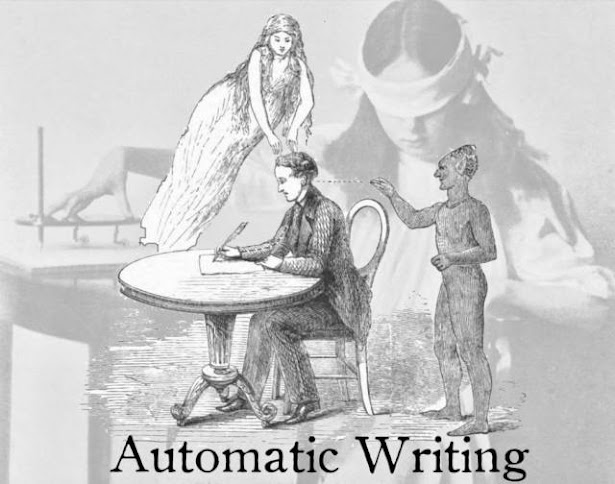On not knowing the difference between a "Synoptic" and a "Canonical" Gospel.
“Dawkins and Hitchens miss two
important points. First, their critics are not
only talking about their
scholarly limitations but about their errors, errors that a more
informed or careful critic wouldn’t make…”.
Curtis White, The Science
Delusion: Asking the Big Questions in a Culture of Easy Answers
(with new afterward; Brooklyn,
London: Melville House, 2014), 35.
Popular books are often based more on the author's audacity and force of personality than on carefulness or expertise. They are pep rallies in print, exercises in preaching to the choir to elicit enthusiastic shouts of "Amen," and let anyone outside the choir be damned. Popular authors are cheerleaders really, who use forceful assertions in place of pom poms.
As such the most popular
authors are likely to be dilettantes prone to making obvious mistakes of the
sort that proper expertise would have saved them from making.
Still I often find myself
surprised that some of the dumb things they say still make it all the way into
print. Even in cases where I did not expect the author to have known better, I
still can't help but wonder how certain blatant mistakes survived the process
through which the book had to go before appearing in print, the editors, the proofreaders,
the people who had received advanced reader copies, and so on.
Christopher Hitchens makes a
good example. Now to be sure some of the erroneous stuff Hitchens said might
survive the process described about. I can easily imagine that happening in the
case of Hitchens' comments about the Q source:
"The
book on which all four [Gospels] may possibly have been based, known
speculatively to scholars as 'Q,' has been lost forever… (Christopher Hitchens,
god is not Great: How Religion Poisons Everything [New York: Twelve, 2009],
120).
Now, as everybody who knows basic
facts about the Q source will be aware, nobody says all four Gospels were based
on Q. Rather Q is defined as a source Matthew and Luke share in addition to their
common source Mark.
I can understand editors,
proofreaders, the sort of people who would be given Advanced Reader Copies of
books by Hitchens, etc., not knowing that, and therefore passing over Hitchens'
mistake.
More difficult to explain is
how everyone missed the following erroneous statement:
…the frantic
early church councils that decided which Gospels were “synoptic” and which were
“apocryphal” (Hitchens, god is not Great, 120).
In this case I have to admit I
was surprised that neither Hitchens, not his editors, nor his proofreaders, nor
the recipients of Advanced Readers Copies, nor any or all of them taken singly
or together had in their common stock of basic cultural literacy enough
information to know that the word Hitchens wanted there was not
"synoptic" but "canonical"!




Comments
Post a Comment